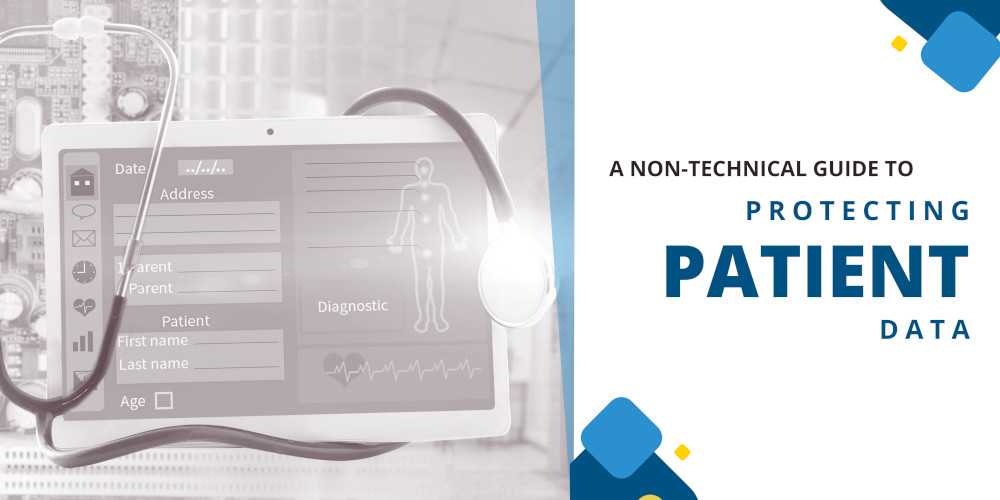
Protecting Patient Data in the Digital Age: A Non-Technical Guide for Healthcare Professionals
The Growing Cyber Threat
Recent years have witnessed an alarming surge in cyberattacks, and the healthcare industry has become a prime target. The reason behind this threat? Well, it’s not just about complex technical jargon; it’s about understanding the risks and the steps needed to safeguard patient data.
Understanding the Risk
The healthcare industry is a treasure trove of sensitive data, including patient medical histories, current health records, home addresses, and financial details. This wealth of information makes healthcare organisations an attractive target for cybercriminals. Outdated technical systems and multiple entry points further exacerbate the risk.
Web Application Vulnerabilities
One common avenue of attack is through web applications, the tools healthcare professionals use daily. These applications may have inadequate protection and insufficient security measures in place. Cybercriminals exploit these vulnerabilities to gain unauthorised access to patient data.
Broken Object-Level Authorisation (BOLA) Attacks
One way hackers breach security is through BOLA attacks. Without diving into technicalities, think of it as a clever way to manipulate the system’s rules, granting unauthorised access. This means they can potentially read restricted data or even erase a patient’s private information.
The Internet of Medical Things (IoMT)
IoMT is a crucial part of this digital transformation. It refers to the network of devices and systems that transmit real-time data for improved patient care. While it offers many benefits, the sensitive patient data involved also makes it a potential target for cyberattacks.
Securing Patient Data
So, what can healthcare professionals do to protect patient data without getting lost in the technical jargon?
1. Risk Assessment:
Start with a comprehensive risk assessment. This involves identifying potential weak spots in your digital infrastructure. Consider factors like employee training and awareness. Understand what’s at risk in case of a successful cyberattack.
2. Compliance with The Privacy Act 1988:
The Privacy Act 1988 provides guidelines and standards for data security in healthcare. Compliance with The Privacy Act regulations is crucial for maintaining patient data security.
3. Attack Surface Management:
Think of this as reducing the potential entry points for cybercriminals. Secure your systems, databases, network services, and web-based applications. This helps minimise vulnerabilities that could be exploited.
4. Strong Authentication:
Implement strong authentication measures to ensure only authorised users can access restricted data. This keeps automated malicious tools at bay.
Final Thoughts
As healthcare professionals, your focus is on providing top-notch care to your patients. However, in this digital age, safeguarding patient data is just as important. Understanding the risks and taking steps to secure patient information is not just a technical matter; it’s a crucial aspect of your duty. By conducting regular risk assessments, complying with regulations, and implementing security measures, you can help protect patient data and ensure secure medical systems while technology continues evolving. Your commitment to patient care goes hand in hand with safeguarding their privacy in this digital era.














